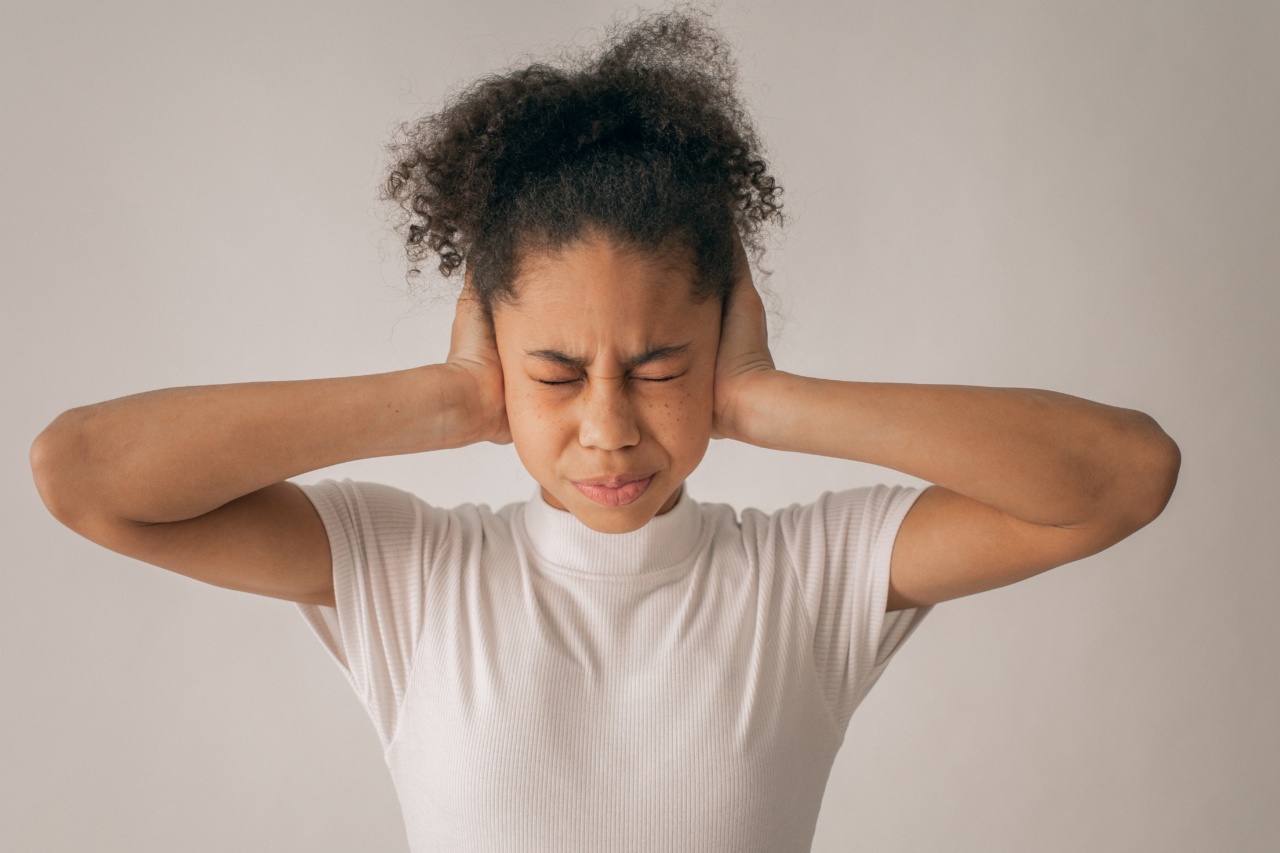Peer pressure is a powerful force that significantly impacts the lives of teenagers, especially when it comes to body image and weight concerns among teenage girls.
Adolescence is a critical period for the development of body image and self-esteem, and the influence of peers can either foster positive body perception or exacerbate negative body image issues. This article explores the connection between peer pressure and weight concerns among teenage girls and provides insights on how to navigate this challenging issue.
The Role of Peer Comparison in Body Image
During adolescence, teenagers become more socially aware and are eager to fit in and be accepted by their peers. This desire for acceptance often leads to an increased emphasis on physical appearance and body image.
Teenage girls are particularly vulnerable to feeling self-conscious about their bodies, as societal beauty standards often prioritize thinness and perfection.
Peer comparison plays a significant role in shaping body image among teenage girls.
When girls compare their bodies to their peers’, they may develop a distorted perception of their own bodies, leading to dissatisfaction and a desire to meet unrealistic beauty standards. This comparison can be magnified through social media, where carefully curated images and filters create an idealized representation of beauty.
The Influence of Media and Advertising
The media and advertising also play a substantial role in shaping teenage girls’ body image. The constant bombardment of images portraying thin and unrealistically perfect bodies can significantly impact girls’ self-perception.
Teenagers are exposed to a plethora of media messages that equate thinness with attractiveness, success, and happiness, further fueling the desire to conform to these standards.
It is essential to recognize that media images are often digitally manipulated, airbrushed, and do not represent the diversity of real bodies.
However, the influence of peer pressure and the desire for social acceptance can make it challenging for teenage girls to dismiss these idealized standards portrayed by the media.
The Link Between Peer Pressure and Eating Disorders
Peer pressure can also contribute to the development of eating disorders among teenage girls.
According to studies, adolescent girls with a higher level of body dissatisfaction are more likely to engage in unhealthy weight control behaviors and develop disordered eating patterns.
When girls feel pressured to fit into a particular body size or shape, they may resort to extreme dieting, excessive exercise, or even purging behaviors to achieve their perceived ideal.
The constant comparison to peers and perceived pressure to conform can create an unhealthy obsession with weight and lead to the onset of disorders like anorexia nervosa, bulimia nervosa, or binge-eating disorder.
Navigating Peer Pressure and Supporting Teenage Girls
It is crucial to empower teenage girls to navigate the intense peer pressure surrounding weight concerns and body image. Here are some strategies that can assist in supporting and guiding them:.
1. Promote Positive Body Image
Encourage conversations that emphasize the importance of self-acceptance and focus on overall health rather than weight. Teach girls to appreciate their bodies for what they can do, rather than solely focusing on appearance.
Empower them to challenge societal beauty standards and embrace diversity.
2. Foster a Supportive Environment
Create a supportive environment where open dialogue about body image and self-esteem is encouraged. Ensure that friends, family, and educators provide positive reinforcement and offer a safe space for girls to express their concerns without judgment.
3. Teach Media Literacy
Help girls develop critical thinking skills by teaching them to analyze and question media messages. Teach them to recognize photoshopping and the unrealistic beauty standards propagated by the media.
Emphasize the importance of consuming media mindfully and seeking diverse sources of inspiration.
4. Encourage Healthy Habits
Focus on promoting healthy habits, such as regular physical activity and balanced nutrition, rather than restrictive diets or extreme weight loss.
Teach girls the importance of taking care of their bodies to support overall well-being rather than conforming to external expectations.
5. Provide Professional Support
If concerns about weight and body image become persistent or start to impact a girl’s daily life, it may be necessary to seek professional help.
Encourage girls to speak to a trusted healthcare professional, therapist, or counselor who can provide guidance and support tailored to their specific needs.
Conclusion
Peer pressure can significantly influence weight concerns among teenage girls, leading to negative body image, self-esteem issues, and even eating disorders.
By understanding the impact of peer pressure and implementing strategies to navigate this issue, we can support teenage girls in developing a positive body image, self-acceptance, and resilience in the face of societal beauty standards.































